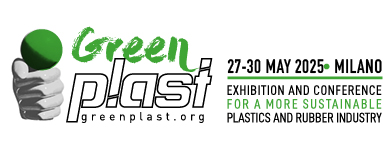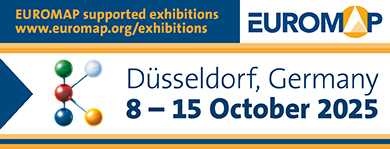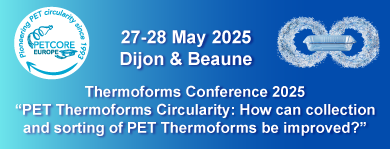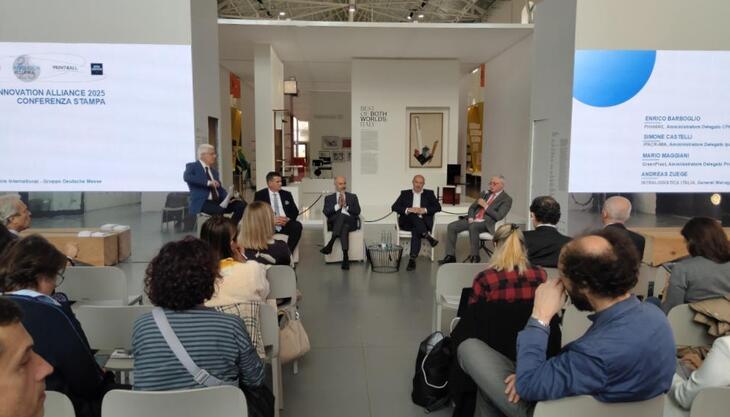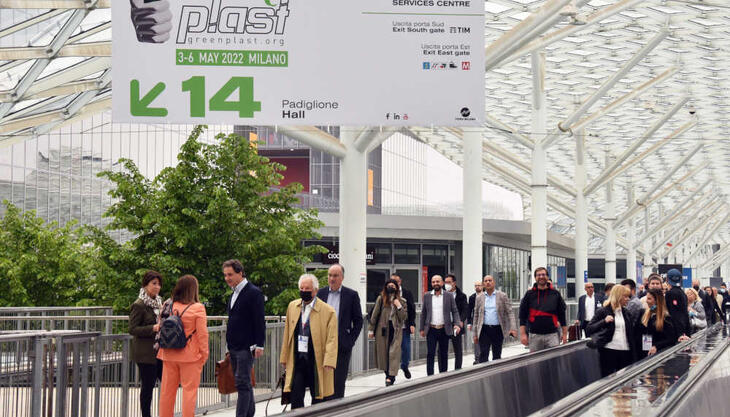"International Conference on Fatigue of Composites": online appointment in June
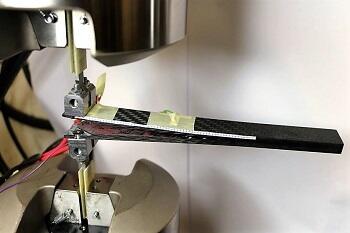
The eighth edition of the “International Conference on Fatigue of Composites” (ICFC8), organised by the Department of Management and Engineering of the University of Padua, will be held as an online conference from June 23 to 25. The series of “International Conference on Fatigue of Composites” aims to enhance interactions among scientists and engineers both from academia, research institutions and end-use industries, providing them with a forum for the communications and discussions on the recent exciting accomplishments, future trends and directions in the field of fatigue, damage mechanics and fracture of composite materials. This edition will continue the series of previous conferences, which were held in Paris (1997), in Williamsburg (2000), in Kyoto (2004), in Kaiserslautern (2007), in Nanjing (2010) and again back in Paris (2015) and Vicenza (2018).
The ICFC conferences attract internationally renowned scientists, researchers and application engineers, with a scientific program covering theoretical aspects, experimental methods and examples of practical industrial applications. Together with local cultural introduction, the high-quality presentations on the basis of strict professional selection ensure a friendly atmosphere during the symposium, which is believed to further promote and establish long-term cooperation among the participants.
An attractive background programme will be arranged to complement the interesting presentations and discussions. The main conference topics can be summarised as follows:
- experimental characterization of fatigue response of composites materials, structures and assemblies;
- damage mechanics and fatigue damage mechanisms: quantitative description of the initiation and evolution process;
- damage evolution and property degradation;
- effects of process, manufacturing induced defects, environment, temperature, humidity on the fatigue response of composites;
- variable amplitude, spectrum loading and cumulative damage modelling;
- advanced experimental techniques for damage investigation;
- health monitoring and non-destructive methods for fatigue damage detection and their applications;
- models and procedures for damage evolution assessment, residual properties and life prediction;
- applications and case histories: fatigue and property degradation in complex composite structures.





